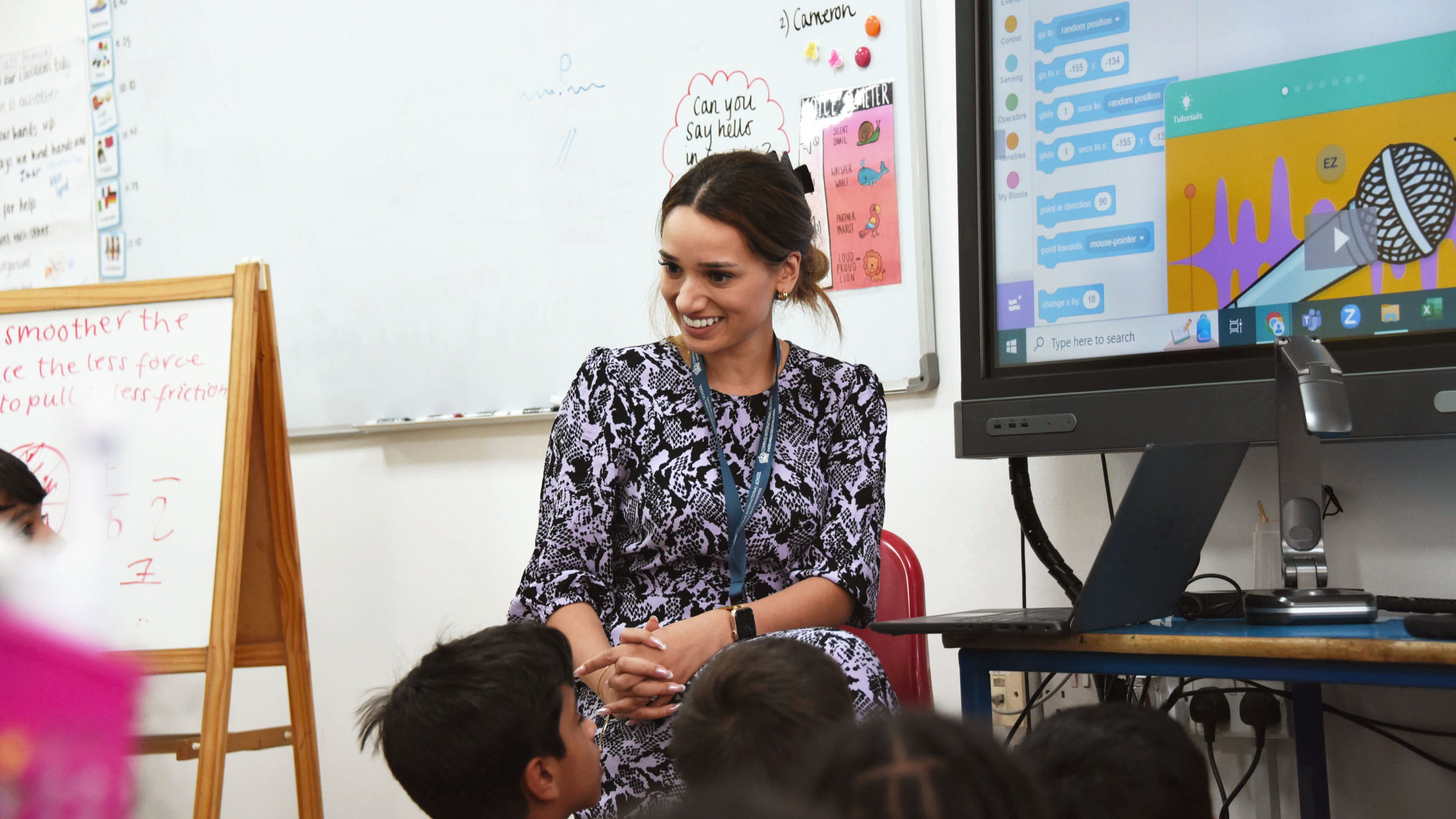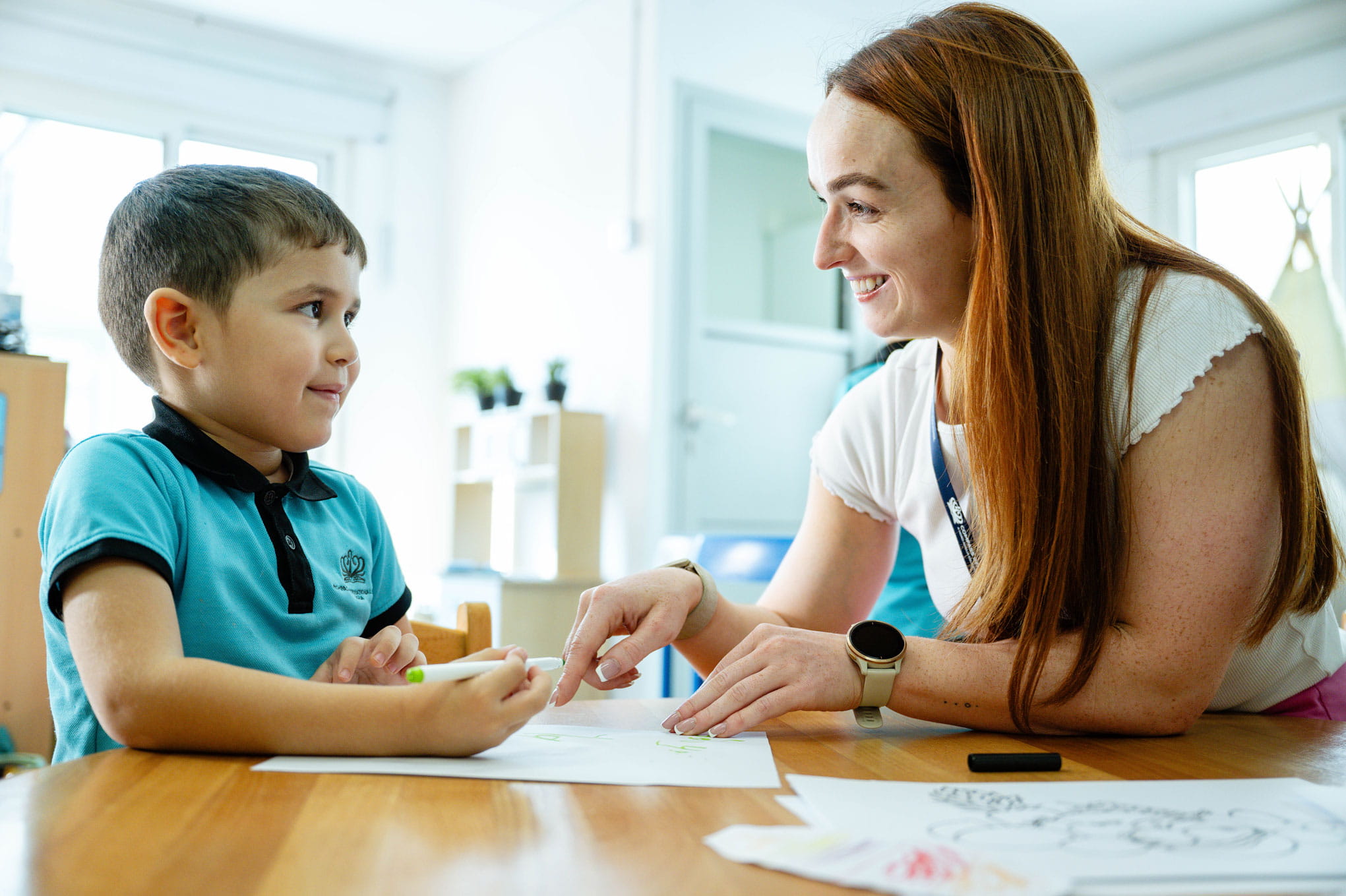The importance of computing skills
In today’s digital age dominated by technology, possessing computing skills is essential for achieving success in almost every aspect of life. According to a report from the National Skills Coalition, 92% of jobs now require digital skills. Whether your child eventually pursues a career in programming or not, the skills encompassed within computing are invaluable due to their emphasis on problem-solving, which can be applied in numerous contexts. As a parent, you hold a pivotal role in nurturing your child's curiosity and competence in computing.
Schools worldwide are increasingly incorporating computing into their curriculum, which entails equipping students with the knowledge to access, manage, and communicate effectively with technology, as well as empowering them to create using it. These developments hold exciting opportunities for young learners.
However, navigating the realm of computers and digital technologies can be intimidating for both educators and students alike. Yet, solely relying on schools to address these challenges isn't sufficient. As computers continue to become a central part of our daily lives, you can also play a proactive role by engaging your child in discussions about technology.
Parental involvement in nurturing computing skills
Firstly, the most effective means of supporting your child in navigating the complexities of computing is by embracing technology alongside them and exemplifying its safe and responsible usage. By actively participating in technology-related activities with your child, you not only foster their interest and proficiency but also instill crucial values regarding digital citizenship.

Tips on how you can support computing at home:
- Keep it real. Look for ways computers are part of daily life. Like taking photos, crossing streets at traffic lights, buying things in stores, or playing games on devices. Make programming (instructions) part of everyday routines - pretend to give instructions for brushing teeth or making breakfast in a robotic voice. Try doing it the wrong way round and see what happens. They can debug their original instructions to make the process run smoothly.
- Be inspired. Think about all the wonderful things that wouldn't be possible without computing. For example, robotic missions to other planets- the rover set to explore Mars, and earth observation satellites.
- Go exploring. Download an app onto your phone and take a walk in nature. Use the app to spot different plants or bugs. Take photos and try to name and classify them. Learn more about what you find and make a fact sheet on the computer. Add photos and info. Make it fun to read!
- Get creative. Children of all ages can enjoy coding in their favourite games online or find new ones that engage them. Scratch Junior is something children will be familiar with from school, but there are many other sites to be creative with code. You can pick up new skills at Hour of Code. Explore Tinkercad and have a go at computer design, get coding in Minecraft or even code your own dance party!
- Challenge yourself. Technology can help solve many problems children see every day. Find issues in your area or lives and think about tech solutions. Perhaps try on one of these monthly coding challenges on Global Campus where children can earn badges. globalcampus.nae.school.
- Grow together. Primary children can learn with parents through free coding websites such as hourofcode.com. Global Campus also has a large section dedicated to learning coding.
- Stay safe. Talk to your child about being safe and confident online. Discuss what info they should share with family, friends, and strangers. Talk about when it's okay to share online and when it's not.
In conclusion, as the digital landscape continues to evolve, try and seize the opportunity to empower your child with the necessary skills and mindset to thrive in an increasingly tech-driven world. By fostering curiosity and supporting learning opportunities by creating a creative, collaborative, and communicative environment, you can contribute significantly to your child's holistic development and preparedness for the future.
Ms. Zahra Syed
STEAM and Computing Lead
For more information about Compass International School, please get in touch with us at: info.th@nais.qa








